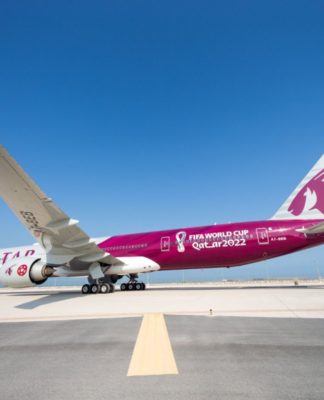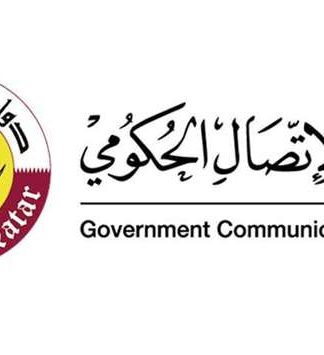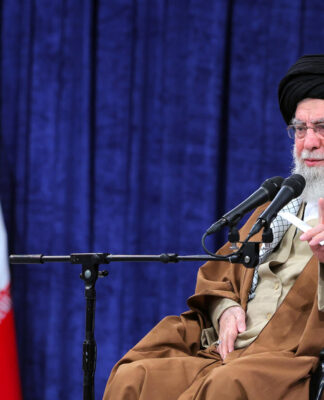The rising cost of living, economic policies and tax reforms have sparked the biggest protests in years in Jordan.
JORDAN ECONOMY FAST FACTS
- The Economist ranks Amman as the most expensive Arab city to live in
- Jordanian citizens make on average $5,000 a year
- Jordan’s official unemployment rate is 18.5 percent
- its external debt has reached $37bn (around 94 percent of GDP)
- Jordan has taken in around 1.3 million refugees from Syria alone
- Jordan relies on loans and aid from US and oil-rich neighbours
The government of Jordan announced on Thursday that it would withdraw a divisive tax bill after nationwide protests over the rising cost of living rocked the country, leading to the resignation of the prime minister and his cabinet.
An IMF-backed plan to raise both income and business taxes is what triggered the protests. And although that’s now been scrapped, those measures are just the latest in a string of reforms. Earlier this year, bread subsidies were cut and costs have escalated for small businesses.
Jordan received a $723m loan from the International Monetary Fund (IMF) in 2016 and has put in place a three-year plan to bring down debt levels.
But protesters say more austerity measures will hurt the poor and middle class. And then there’s the economic impact of hosting hundreds of thousands of refugees from neighbouring Syria and Iraq.
So how can Jordan solve its economic crisis?
After six years of austerity measures, Jordan needs to “change the paradigm which we’ve been following so far,” Jawad Anani, a former deputy prime minister and current chairman of the Amman Stock Exchange, tells Counting the Cost.
“To concentrate on fiscal policy and fiscal reform without affecting any development has actually proved that we’ve got neither one – neither we succeeded in fiscal reform nor have we caused any tangible growth that would enable us to face the twin problem of unemployment and poverty,” Anani explains.
“Therefore, the best way is to focus on pro-people policies that would aim and focus on creating economic growth, creating projects, tangibles, deliverables that people can identify with and feel that the government is working for them, it is a people-oriented approach.”
He says that a people-oriented approach is possible if the IMF gives Jordan some breathing space.
| People are over exhausted from taxes and they cannot take it any more. But if you really address them, feel that you’re empathetic with them, they will begin to respond to your policies. |
“We need to ask the IMF for a two-year holiday that we should not increase taxes. We need to borrow to invest, not borrow to cover current expenditures,” says Anani.
“The IMF, just like any other international organisation is looking for success stories to tell the rest of the world. We’re not asking the IMF to change its own model, but we’re asking them, instead of decreasing the debt-GDP ratio from 96 percent to 77 percent by the end of 2021, to make that in 2023. That would be tenable if we really begin to create growth. If we grow, the denominator, which is the GDP, is going to grow and therefore, the percentage of – if we manage to maintain deficit as is – then we can cause a percentage decrease in this ratio.
“This is the only approach we can take, and it requires a very strong effort on the part of the Jordanian government, part of the Jordanian people and the private sector. You have to engage the whole population because this is how you create synergy in the society, you restore the spirit.”
According to Anani, “people are over exhausted from taxes and they cannot take it any more. But if you really address them, feel that you’re empathetic with them, they will begin to respond to your policies. Otherwise, we would continue to do the same using the same ingredients, using the same process and hoping to end up with a different dish. That is not going to happen.
“We need to enhance people’s budgets so that they can spend more. They can feel more relaxed and that will automatically lead to the increase in government revenues.”
Also on this episode of Counting the Cost:
Global aviation: Consumers could be seeing higher airfare soon, due to rising fuel prices hitting profits. This week, aviation trade body IATA cut its profit outlook for 2018. It said trade tensions also pose an operating risk for global carriers. A year ago, four Arab countries imposed a blockade on Qatar and banned its national carrier’s jets from their skies. And it’s meant heavy losses for the airline. Andrew Thomas met Qatar Airways CEO Akbar Al Baker in Sydney.
Cocoa growers and the cost of chocolate: The Ivory Coast and Ghana are the world’s first and second-biggest cocoa producers. Yet, many people there are so poor that they can never afford the final product. The two governments have decided to team up to get a bigger share of the global chocolate profits. They say they’ll coordinate production levels and sales policies. Antoine Fountain, managing director of the Voice Network, looks at the cost of a bar of chocolate.
US-North Korea Summit: The Singapore summit between US President Donald Trump and North Korean Kim Jong-un is set for next week and if successful, what might the meeting or string of meetings mean for the economic future of North Korea? In Singapore, Scott Heidler sat down with investment expert Mattia Tomba, who has been to Pyongyang.
The world’s highest-paid athletes: We also take a look at Forbes’ annual ranking of the world’s highest-paid athletes. Who leads the list? And how much money are these athletes making?
Source: Al Jazeera News

















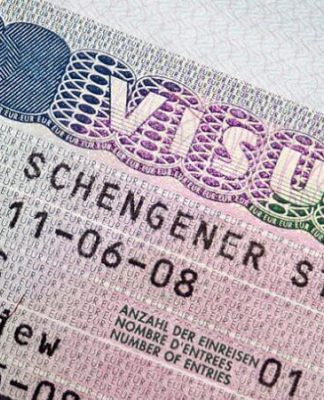

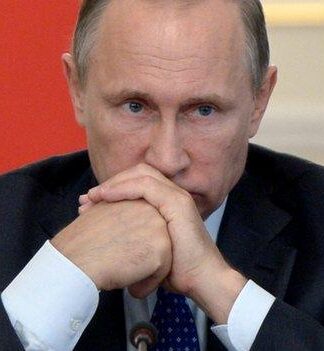
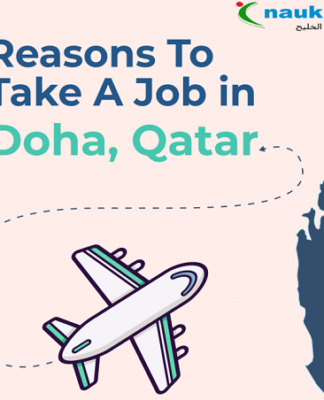
![Jeffrey Sachs: Why the U.S. Will Lose the Trade War with China [Trade Wars] #jeffreysachs #tradewar](https://welcomeqatar.com/wp-content/uploads/2025/05/unnamed-file-7-324x400.jpg)

